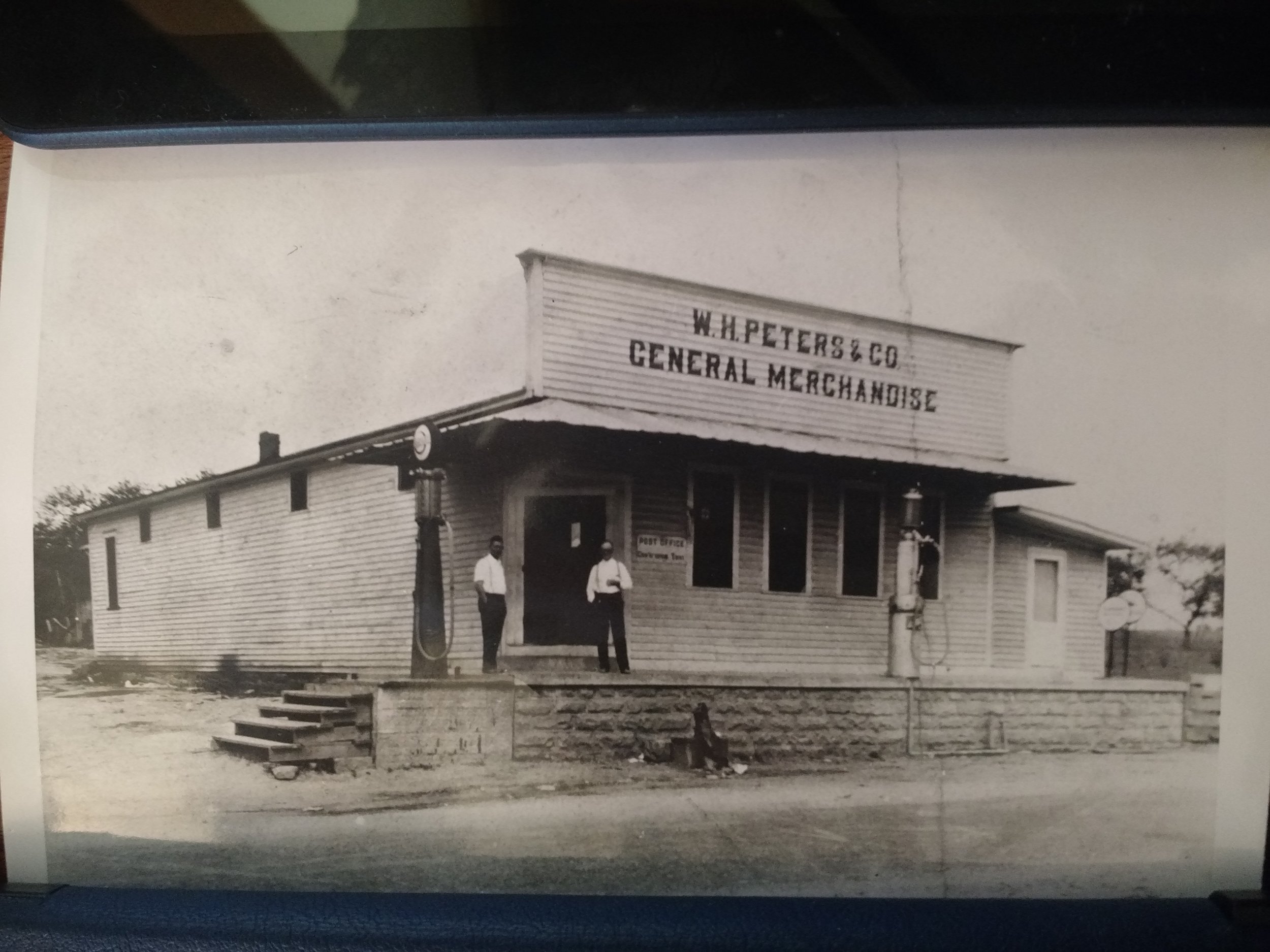Thinkin’ About the old Lands
/Way back in 2013 I shared a little poem here that I wrote about the land, the old home places, and the mountain ghost towns. Now, as I sit here trying to pull together a myriad of thoughts about land on the Cumberland Plateau, those words come back to me.
There is a place I love to go, where mountains roll and wildflowers grow…
This land is but my living dream, of the past to which I cling…
It’s stories told, a history wrote…
Tis a balm to the soul where none is old and all are whole…
I’ve often said it seems like I can hear the whispered voices of ancestors who walked the paths and worked the fields – but maybe that sounds just a little crazy… Really, I guess I hear the stories we’ve repeated so many times. They are stories that teach lessons and keep characters alive in our memories. These great-great grandparents, uncles, aunts and distant cousins seem like old friends to me. Sometimes I forget that I never knew many of them, because I know their stories so well.
And those stories are inseparable from the land. Not too many years ago, one of my great uncles took a little walk across the farm he’d grown up on. My Daddy continues to run cattle on that same land, so the fences are intact and the scrub brush is mostly kept at bay. Still, he marveled at the changes – saplings are now great trees with nicks and carvings grown above his head. Well-worn paths are now grass-covered and the animals have carved new ways to water and feed. Yet the land is the same – the hills still roll and creeks still flow. His parents and most of the siblings he’d known on that land were mostly gone – in fact, Uncle Cletus has since passed away too. Still the land remains.
So much of our modern culture has lost its connection to the land. We’re in rented apartment buildings or on highways and city streets. We work in buildings where we often can’t even see the blue sky. Even our leisure time is often spent in city parks or public attractions. I’ve written about a group of women headed out to pick wild greens in the early spring or hunting medicinal herbs. We’ve seen pictures of a team of horses or mules that led farm families back and forth plowing a field or pulled them in the family wagon to church or into town on business. And so many miles were covered on foot as young people walked to church, sometimes miles away, or family members walked to visit aging parents or adult siblings. People walked in groups and enjoyed the trip as much as the destination. They worked together and passed the long hours under the sun sharing memories or making plans.
It’s often easy to remember in black and white – so many old pictures from Appalachia look desolate and downright desperate. Yet if the deep greens of grass and leaves were colored in, with the bright reds and yellows of wild flowers, the picture would be far more cheerful. Dirty children in ragged clothes might be less pitiful and more delighted with a day of play.
When you can walk those paths and see them in their natural brilliance, the life of the land somehow fills you – and even the stories of hard times are highlighted by love, joy, occasional successes and sweet memories.






